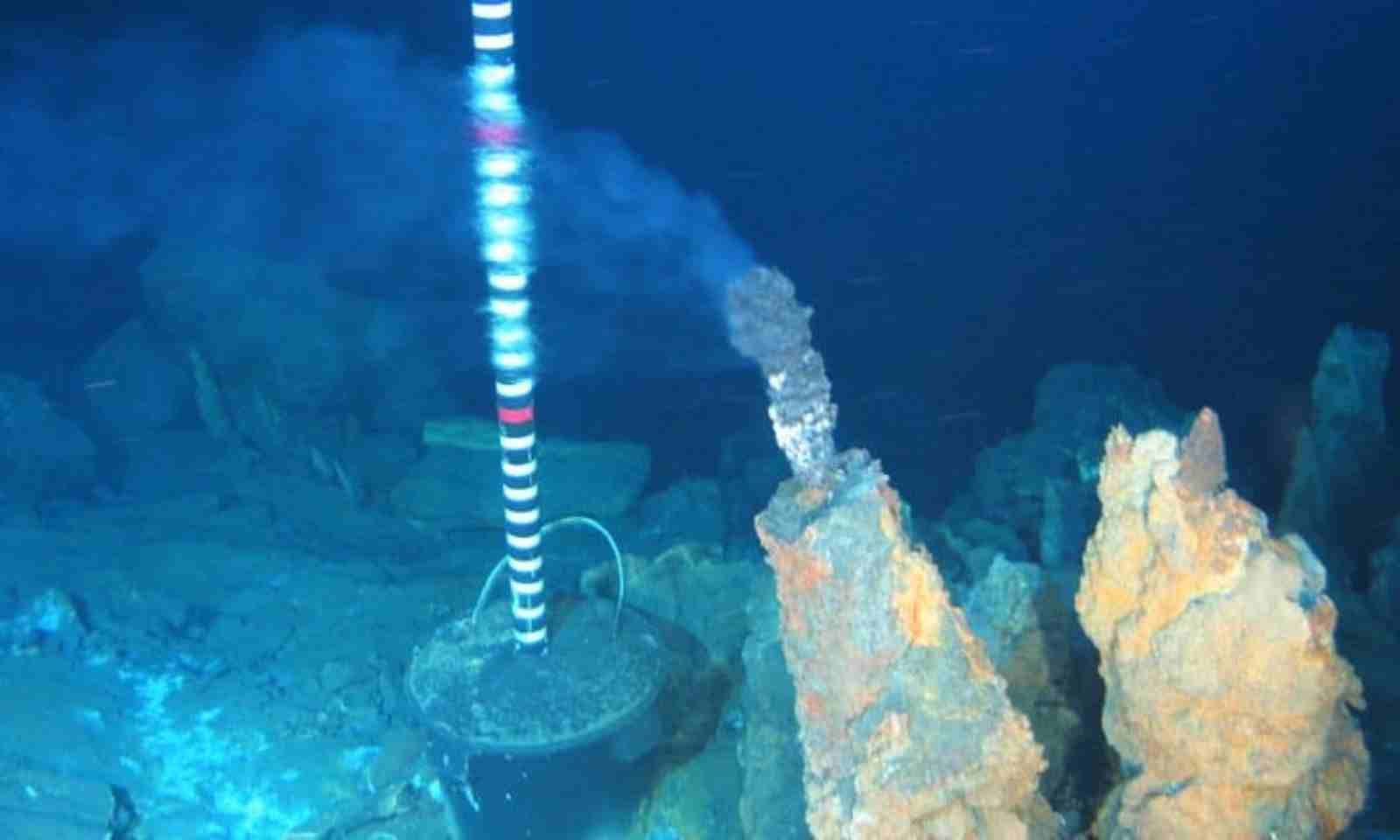

The ISA’s 30th session is underway in Kingston, Jamaica.
Photo/ENB/Andres Carvajal
Push for global ocean moratorium grows as deep sea mining operations stall
The International Seabed Authority (ISA) council closes without greenlighting deep sea extraction, triggering calls from scientists, Pacific voices, and financial institutions to halt the industry.


'Keep the eyeballs on the game': All Blacks legend backs Super Rugby shake-up

Kiridox and Folau drop island love anthem before Valentine’s Day

‘I thought my world had ended’: Artist takes his story from a fall to the NZ arts festival stage

Visa-free Pacific-travel push splits Parliament as ACT holds back

'Keep the eyeballs on the game': All Blacks legend backs Super Rugby shake-up

Kiridox and Folau drop island love anthem before Valentine’s Day

‘I thought my world had ended’: Artist takes his story from a fall to the NZ arts festival stage
The International Seabed Authority (ISA) concludes its latest council session without approving any deep sea mining operations, despite increasing pressure from the industry.
Deep sea mining extracts metals like cobalt and nickel from the ocean floor, which are vital for green technologies such as electric vehicle batteries. But the practice risks disturbing and threatening surrounding marine life.
The ISA’s 30th Session is underway in Kingston, Jamaica, where delegates from all 170 member states, including the European Union, gather to shape the future of deep sea mining. The meeting, held twice a year, brings together its key decision-making bodies to negotiate mining regulations and environmental protections under the United Nations Convention on the Law of the Sea (UNCLOS).
The meeting runs from 7 to 25 July, and includes state representatives, scientists, non-governmental organisations, and industry stakeholders. The ISA Council completed its portion of the meeting on Tuesday without adopting a mining code, which is a regulatory requirement needed before commercial deep sea mining can begin.
The ISA has also launched an investigation into The Metals Company (TMC) and its subsidiaries, Nauru Ocean Resources Inc. (NORI) and Tonga Offshore Mining Limited (TOML), in relation to their applications to mine the seabed in the United States.
The council identified four unresolved issues that are stalling regulatory progress: environmental, financial, procedural, and governance matters. Sofia Tsenikli, the DSCC Campaign Director, says deep sea mining has proven to be a “rogue and toxic industry”.
“Rushing to mine the ocean represents a shortcut to disaster. Instead of spending time and money trying to regulate this highly damaging and speculative activity, States must urgently put in place a moratorium on extraction and prioritise scientific research that can truly benefit us all,” Tsenikli says.
Duncan Currie, the DSCC Legal Adviser, says these proceedings are important steps towards addressing the “chaos” around TMC’s attempts to bypass the ISA. He says that a global moratorium will provide clarity and security for the ocean.
“It strengthens multilateralism, helps to prevent unilateral action, safeguards the deep sea from destruction, and creates space to conduct more science necessary for informed decision-making for the benefit of us all,” Currie says.

The debate surrounding deep sea mining remains contentious in the Pacific region. Photo/SPREP
Ran Bainteiti, Pacific political Coordinator at Greenpeace Australia says despite industry pressure “reaching fever pitch”, governments have made it clear that international approval for deep sea mining industry will not be granted.
“As more delegations arrive to attend the ISA Assembly meeting, they’ll be met by a rising tide of voices - from scientists, Pacific communities, businesses, and concerned citizens - all saying the same thing: deep sea mining is a dangerous gamble we cannot afford,” Bainteiti says.
Opposition is also coming from governments and financial institutions. The DSCC reports that 40 banking institutions, representing more than €3.8 trillion (NZ$7.4 million) in assets, have called for a halt to deep sea mining until all environmental and legal risks are better understood.
“For generations, Indigenous knowledge has taught us that the ocean is not just a resource - it is a sacred, living system central to Pacific identity and survival. We have always known that disturbing the seabed threatens the balance of life in ways science is only beginning to understand. The only responsible way forward at the ISA is a global moratorium.”
Matthew Gianni, DSCC Co-Founder and Political Adviser, says the ISA must prioritise actions that benefit humanity as a whole, rather than acting in favour of companies seeking to profit at the expense of international law.
Currently, 37 governments support either a moratorium, precautionary pause, or outright ban on deep sea mining. The DSCC is urging ISA member states to flip this momentum into action during this week’s ISA Assembly by committing to a moratorium.
Tsenikli argues that a moratorium would safeguard “our planet’s last pristine areas and the rights of our children and grandchildren to live their lives on a healthy planet”.